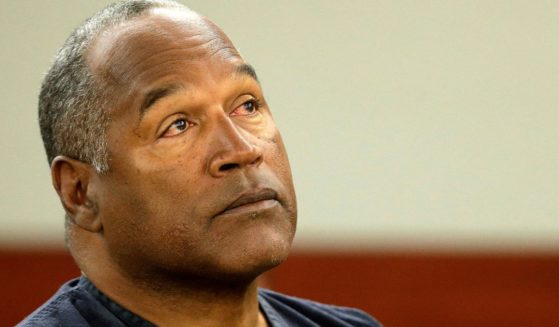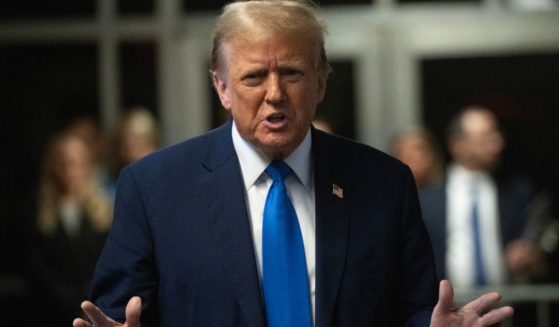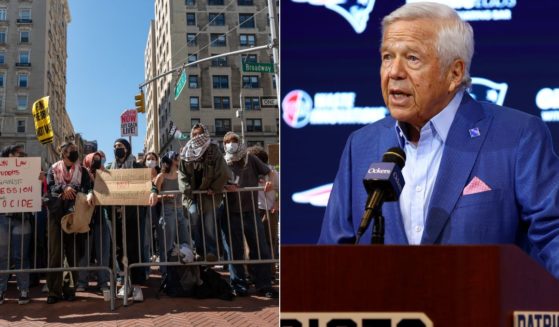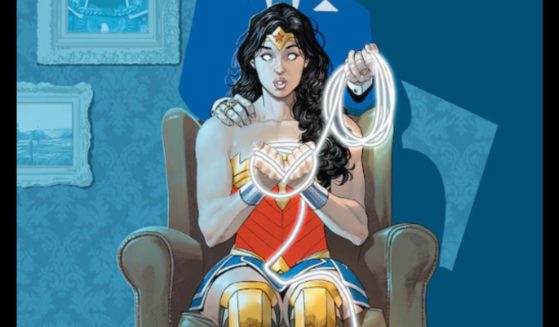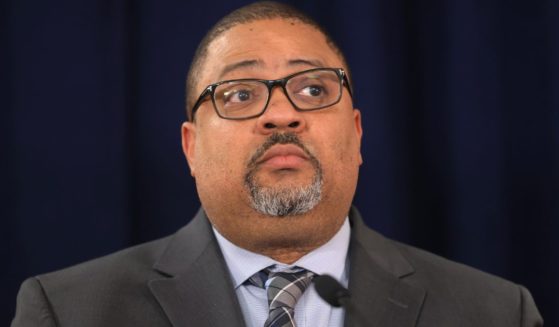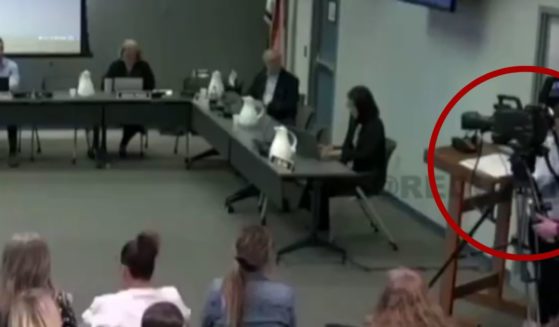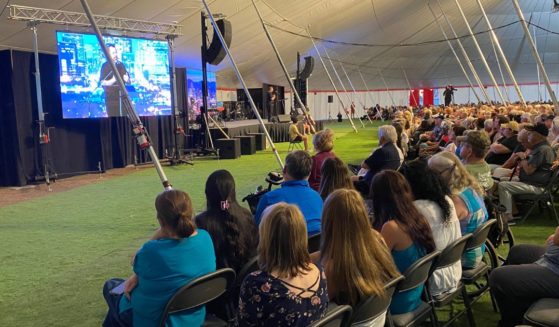Op-Ed: Supreme Court Justices Are Not Legislators
Last week, the Supreme Court issued arguably the most significant decision the court has given since Obergefell v. Hodges, the case granting same-sex couples the right to marry, in 2015.
In the case Bostock v. Clayton County, the Supreme Court ruled by a 6-3 majority that discrimination on the basis of “sex” in federal law covers discrimination on the basis of “sexual orientation” or “gender identity.”
This redefines Title VII of the Civil Rights Act of 1964, which prohibits employment discrimination on the basis of race, color, religion, sex or national origin.
It is clear that when Congress passed Title VII into law back in 1964, they did not intend for the provisions to cover “sexual orientation” or “gender identity.” The historical context clearly explains this law related to the mistreatment of women.
To expand the law beyond this is not the role of the court.
For years Congress has tried to pass laws that would expand Title VII to include gender identity and sexual orientation as protected classes, but these efforts never received enough votes to become law. Yet in this case, the Supreme Court has made a decision that is constitutionally the role of Congress.
Justice Kavanaugh, in his dissenting opinion, wrote, “It was Congress’s role, not this Court’s, to amend Title VII.”
It’s safe to say conservatives across the nation are in shock over this ruling. Justices Alito, Kavanaugh, and Thomas all communicated with their dissenting votes that the other six justices on the bench had acted as lawmakers rather than judges.
Kavanaugh wrote, “We are judges, not members of Congress.”
“Instead of a hard-earned victory won through the democratic process, today’s victory is brought about by judicial dictate – judges latching on to a novel form of living literalism to rewrite ordinary meaning and remake American law.”
Justice Alito further responded, “The question in these cases is not whether discrimination because of sexual orientation or gender identity should be outlawed, the question is whether Congress did that in 1964. It indisputably did not.”
So, what does this decision mean for religious freedom?
Churches and faith organizations that hold on to the traditional definition of marriage may face lawsuits if they decide not to hire individuals who disagree with this view.
Similarly, organizations, from adoption centers to private schools, could be forced to hire employees who identify with a gender different than their biological sex. The law forces business owners and employers to walk on eggshells, fearing that any hiring decision could lead to a lawsuit.
Although Justice Gorsuch ruled in favor of expanding the meaning of Title VII, he did attempt to address religious liberty concerns, writing, “We are also deeply concerned with preserving the promise of the free exercise of religion enshrined in our Constitution; that guarantee lies at the heart of our pluralistic society. But worries about how Title VII may intersect with religious liberties are nothing new; they even predate the statute’s passage.”
However, Justice Alito disagreed with Justice Gorsuch, stating clearly, “The position that the Court now adopts will threaten freedom of religion, freedom of speech, and personal privacy and safety.”
For people of faith, this decision is a reminder that the fight for the Supreme Court is not over.
Religious freedom is still at stake, and those of us who care about it cannot afford to be disengaged.
Unfortunately, statistics reviewed by My Faith Votes show that more than 25 million self-professing Christians do not participate in presidential elections, and even more do not vote in local elections.
The upcoming elections — both local and national — will determine the trajectory of the Supreme Court for decades to come.
The next president will probably nominate at least one justice. If we want to protect our religious freedom, we cannot afford to not vote this November.
The views expressed in this opinion article are those of their author and are not necessarily either shared or endorsed by the owners of this website. If you are interested in contributing an Op-Ed to The Western Journal, you can learn about our submission guidelines and process here.
Truth and Accuracy
We are committed to truth and accuracy in all of our journalism. Read our editorial standards.

